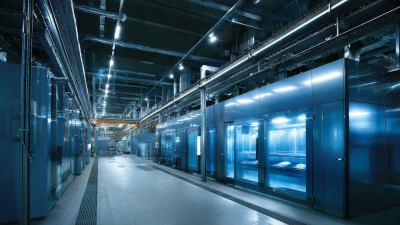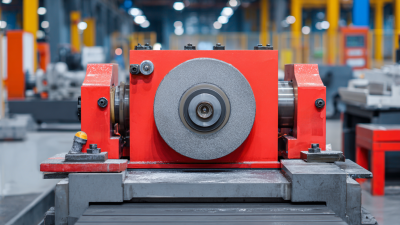Top 10 UK Manufacturing Trends Transforming the Industry in 2023
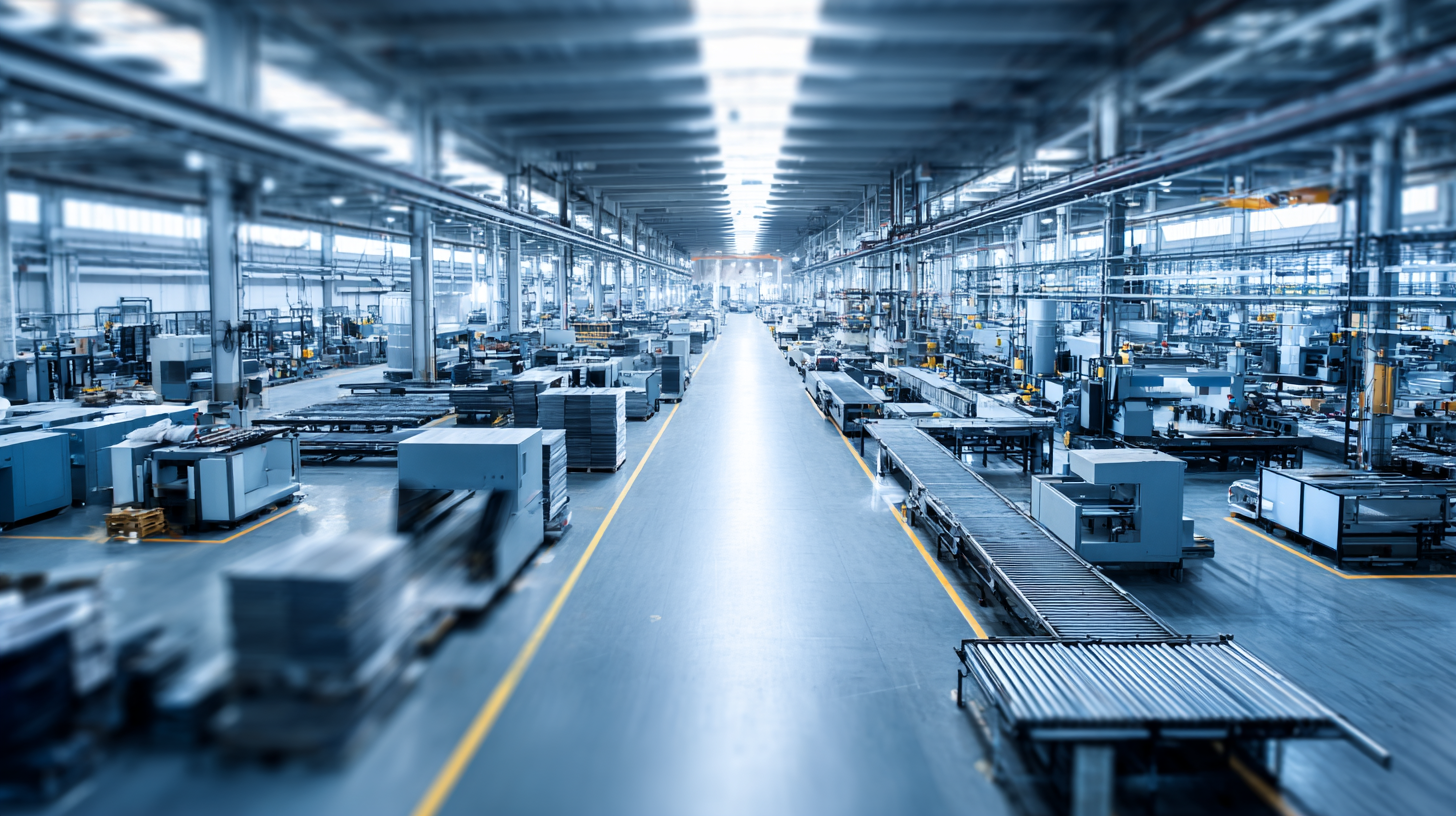 The UK manufacturing sector is undergoing significant transformation as it adapts to evolving technologies, shifting market demands, and broader economic pressures. As we look ahead to 2025, it is crucial to identify and understand the trends shaping the future of this vital industry. According to a recent report by the Manufacturing Technologies Association, the UK manufacturing output is projected to grow by 4% annually, driven by advancements in digitalization and automation. This growth reflects a broader trend where manufacturers are increasingly leveraging technology to enhance productivity and operational efficiency.
The UK manufacturing sector is undergoing significant transformation as it adapts to evolving technologies, shifting market demands, and broader economic pressures. As we look ahead to 2025, it is crucial to identify and understand the trends shaping the future of this vital industry. According to a recent report by the Manufacturing Technologies Association, the UK manufacturing output is projected to grow by 4% annually, driven by advancements in digitalization and automation. This growth reflects a broader trend where manufacturers are increasingly leveraging technology to enhance productivity and operational efficiency.
As businesses strive to remain competitive in a fast-paced global market, sustainable practices are becoming essential. The UK government has set ambitious targets to achieve net-zero carbon emissions by 2050, encouraging manufacturers to adopt greener methods and invest in renewable technologies. A survey conducted by the British Manufacturing Association revealed that over 70% of manufacturers are prioritizing sustainability initiatives, which highlights a significant shift towards environmentally responsible manufacturing practices.
Moreover, the influence of Industry 4.0 continues to redefine manufacturing processes in the UK. With the integration of IoT, AI, and advanced robotics, manufacturers are experiencing unprecedented levels of innovation that not only optimize production but also enhance product quality and customer satisfaction. As we delve deeper into the top trends transforming the UK manufacturing landscape in 2023, it becomes evident that these developments are paving the way for a more efficient, sustainable, and technologically advanced future.
Emergence of Smart Factories and IoT Integration in Manufacturing
The emergence of smart factories and IoT integration is redefining the landscape of manufacturing in 2023 and beyond. The global IoT manufacturing market is expected to reach $116.52 billion by 2024, with projections indicating a substantial increase to $673.95 billion by 2032. This growth is largely attributed to advancements in artificial intelligence (AI), cloud computing, 5G, and digital twin technologies, which are revolutionizing industrial automation. These technologies enhance production efficiency while significantly reducing downtime, thereby driving the evolution of smart manufacturing environments.
In China, the manufacturing sector is rapidly accumulating new momentum, with innovative technologies empowering a new quality of productivity. Real-time data monitoring, as showcased in facilities like Zhejiang Chaolang New Materials Company, exemplifies how data centers enable manufacturers to optimize their production lines. The adoption of Manufacturing Execution Systems (MES) acts as a critical enabler, bridging the gap between planning and production control while facilitating the seamless integration of various digital technologies. As industries progressively embrace these advancements, they position themselves at the forefront of a transformed and more competitive manufacturing landscape.
Sustainability Practices Driving Eco-Friendly Manufacturing Solutions
In 2023, sustainability practices are significantly transforming the UK manufacturing landscape, aligning with the growing global emphasis on eco-friendly solutions. As businesses increasingly recognize the environmental impact of their operations, they are adopting innovative practices aimed at reducing carbon footprints and minimizing waste. Strategies such as circular manufacturing, which involves redesigning products to be more durable and recyclable, are becoming prominent. This shift not only conserves resources but also appeals to environmentally conscious consumers seeking sustainable products.
Furthermore, the integration of advanced technologies like artificial intelligence and IoT in manufacturing processes is fostering greater energy efficiency. Smart factories are emerging, utilizing data analytics to optimize operations and reduce energy consumption. Companies are also investing in renewable energy sources, such as solar or wind power, to lessen their reliance on fossil fuels. These developments reflect a significant shift towards sustainable practices, ultimately contributing to a greener future for the industry while simultaneously enhancing competitiveness in a market increasingly driven by environmental responsibility.
Adoption of AI and Machine Learning for Enhanced Production Efficiency
The manufacturing industry in the UK is undergoing a significant transformation in 2023, driven primarily by the adoption of artificial intelligence (AI) and machine learning (ML). These technologies are enhancing production efficiency by optimizing processes, minimizing downtime, and improving product quality. AI algorithms can predict equipment failures before they happen, enabling proactive maintenance and reducing costly interruptions. Moreover, machine learning analytics can analyze vast amounts of production data, facilitating better decision-making and resource allocation.
Tips for manufacturers looking to implement AI and ML include starting with a pilot project to gauge effectiveness within a controlled environment. This allows companies to refine their approach before a full-scale rollout. Additionally, investing in employee training is crucial; ensuring that teams understand and can effectively interact with these new technologies can lead to smoother integration and higher acceptance rates.
Collaboration with technology providers can also be beneficial. Engaging with experts who understand the nuances of the manufacturing sector can help tailor solutions that address specific challenges. By leveraging these advanced technologies strategically, manufacturers can stay competitive in an ever-evolving landscape while maximizing productivity and efficiency.
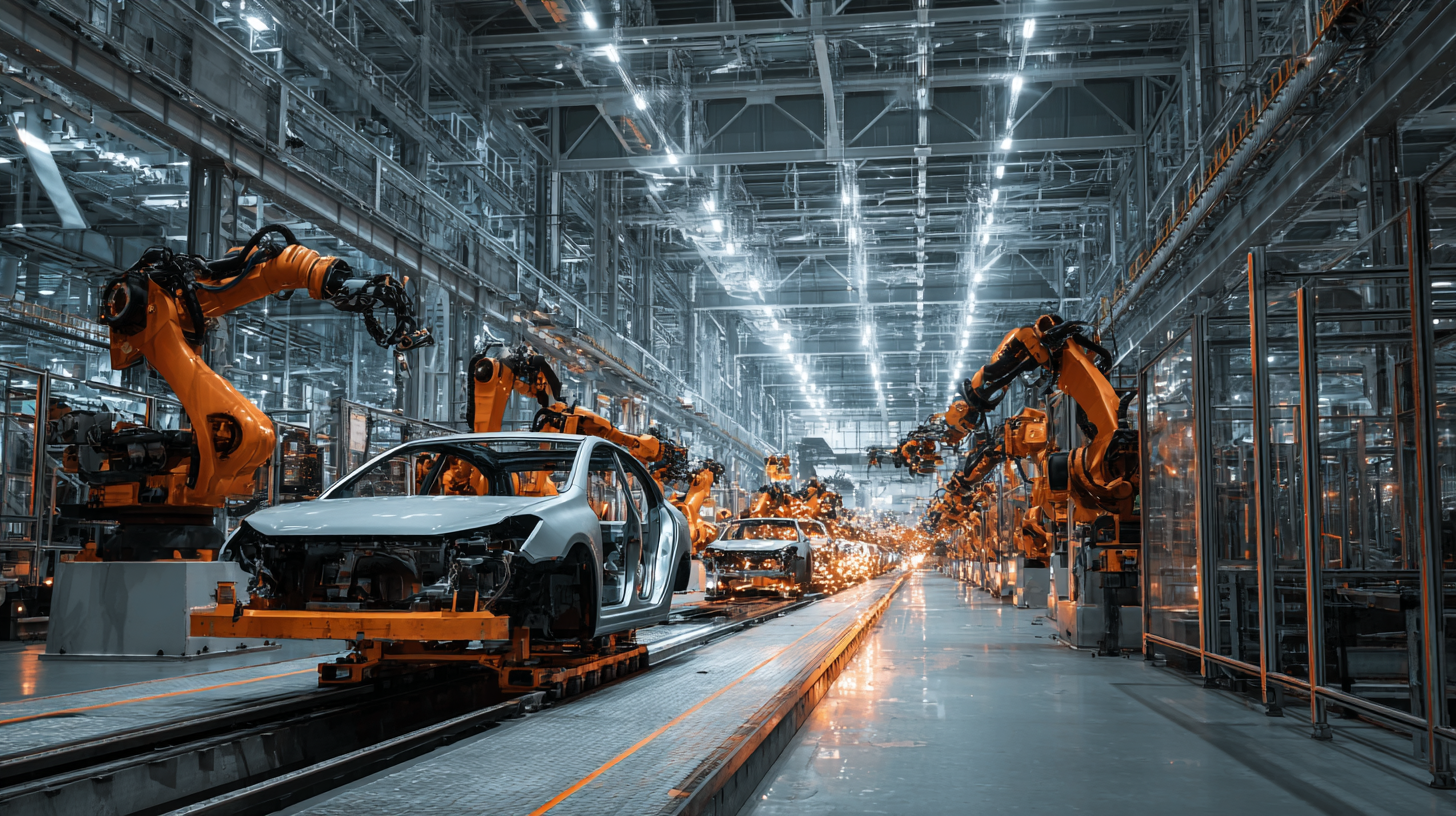
Shifts Toward Customization and Personalization in Product Offerings
Customization and personalization have emerged as transformative forces within the UK manufacturing sector in 2023, reflecting a broader shift in consumer preferences. According to a recent report by McKinsey, around 70% of UK consumers express a strong desire for personalized products, driving manufacturers to adapt their offerings. This trend is particularly significant as businesses strive to enhance customer loyalty and meet the unique needs of diverse markets.
Additionally, the rise of advanced manufacturing technologies, such as 3D printing and AI-driven design tools, has made customization more accessible and cost-effective. A study by the Manufacturing Technology Centre (MTC) indicates that companies embracing these technologies can reduce lead times by up to 40%, allowing for quicker turnaround on personalized orders. As companies increasingly incorporate customer feedback into their design processes, they create products that resonate more closely with consumers, thus fostering an environment of innovation and agile manufacturing practices.
The transition toward more personalized offerings not only meets immediate customer demands but also positions manufacturers strategically for future growth in an ever-evolving marketplace.
Workforce Development: Upskilling and Reskilling for Industry 4.0 Transition
As the UK manufacturing sector adapts to the advancements of Industry 4.0, workforce development has emerged as a pivotal trend. The integration of smart technologies, including artificial intelligence, robotics, and the Internet of Things, necessitates a workforce that is not only technically proficient but also adaptable. Companies are increasingly investing in upskilling and reskilling programs to equip their employees with the necessary skills to thrive in this new landscape. This focus on continuous learning is essential for maintaining competitiveness in an ever-evolving industry.
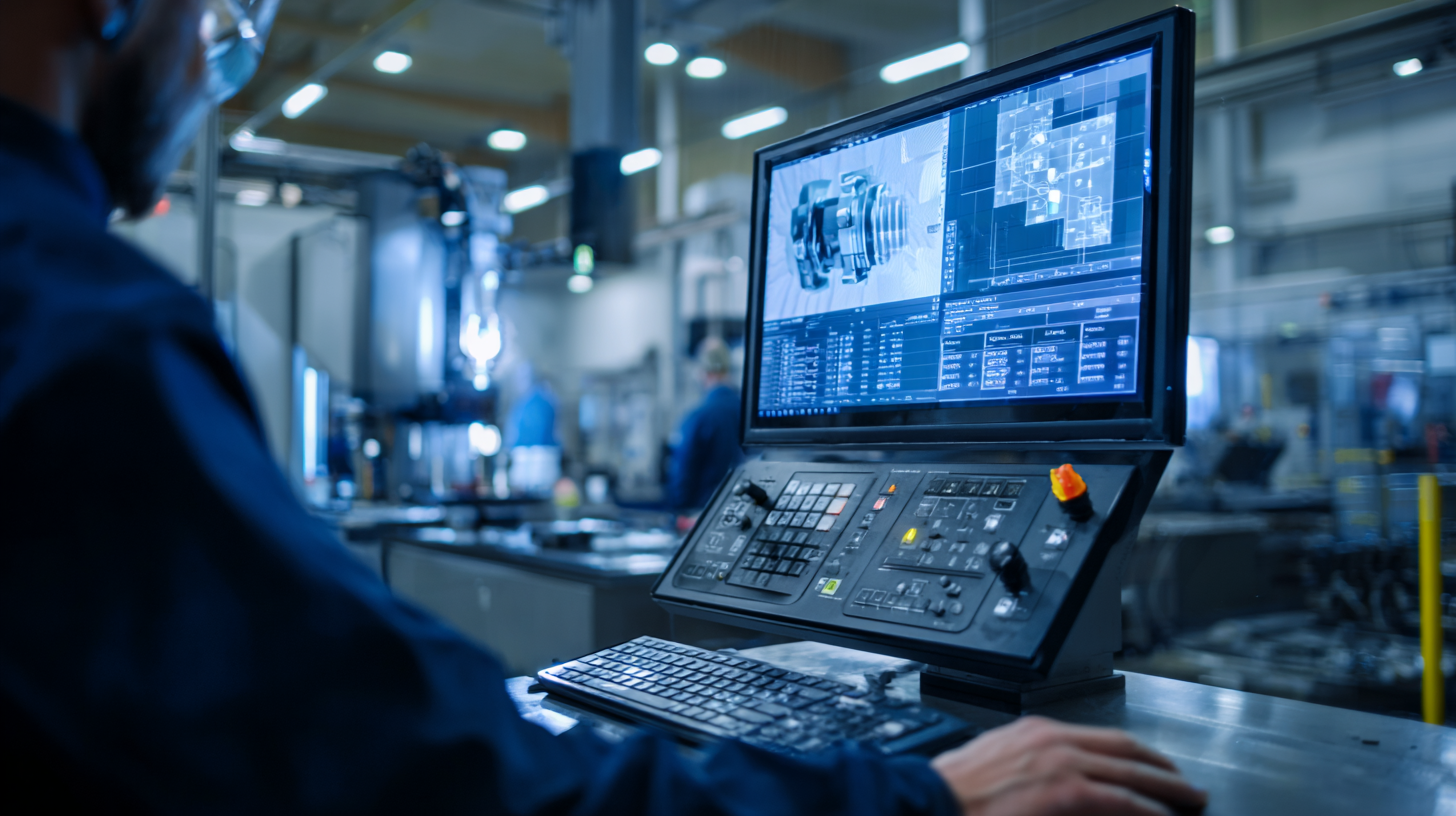
Upskilling initiatives enable existing employees to deepen their expertise in advanced manufacturing techniques, while reskilling programs prepare workers for new roles created by technological advancements. These strategies ensure that talent within the organization remains relevant and ready to tackle future challenges. The shift towards a digitally-savvy workforce forms the backbone of successful Industry 4.0 implementation, fostering innovation and enhancing productivity across the manufacturing landscape. By prioritizing development, UK manufacturers are not just adapting to technological changes but are also positioning themselves for sustainable growth in the coming years.

